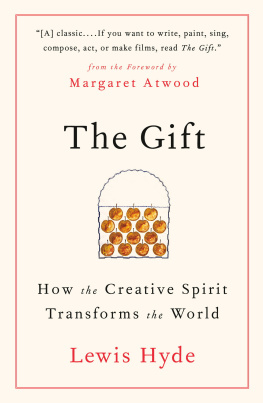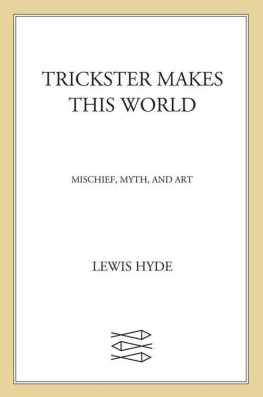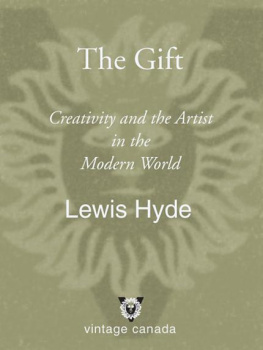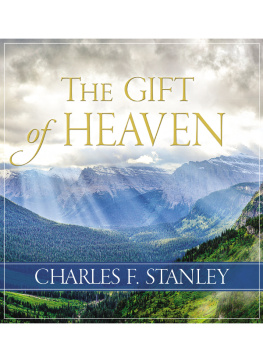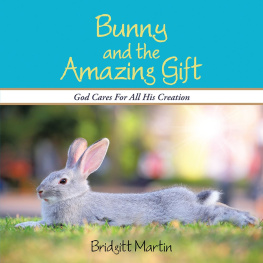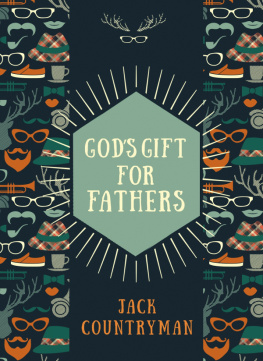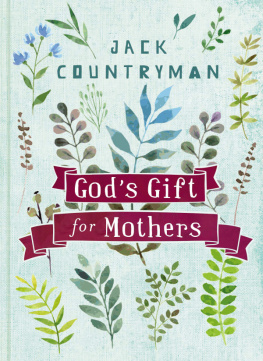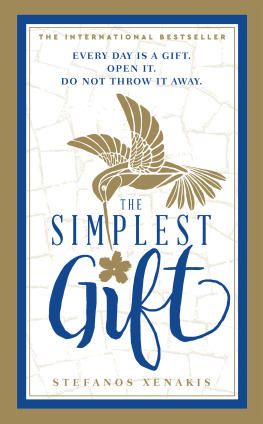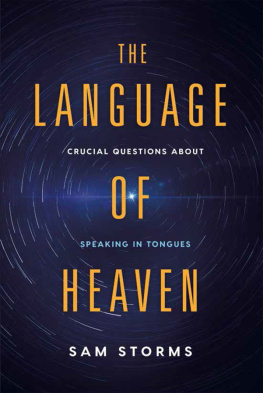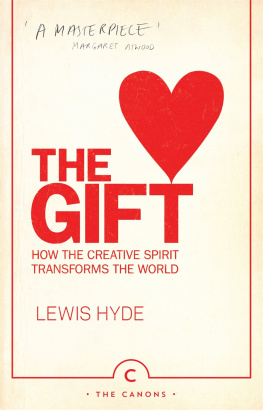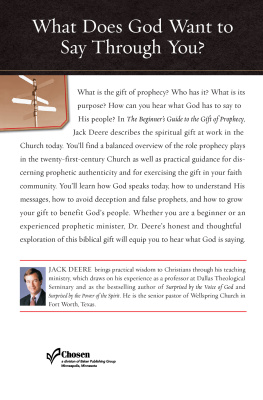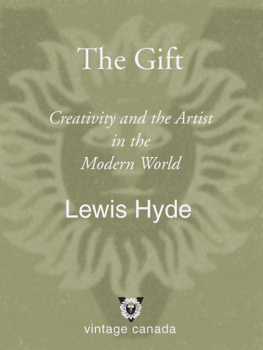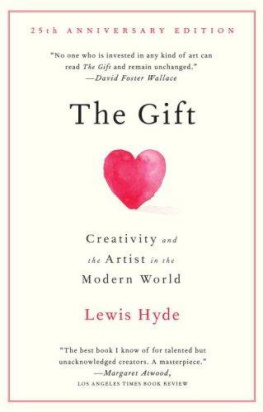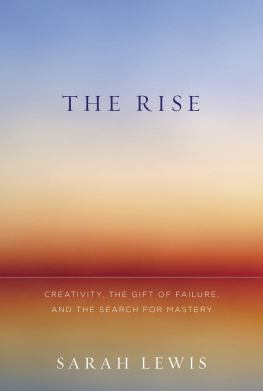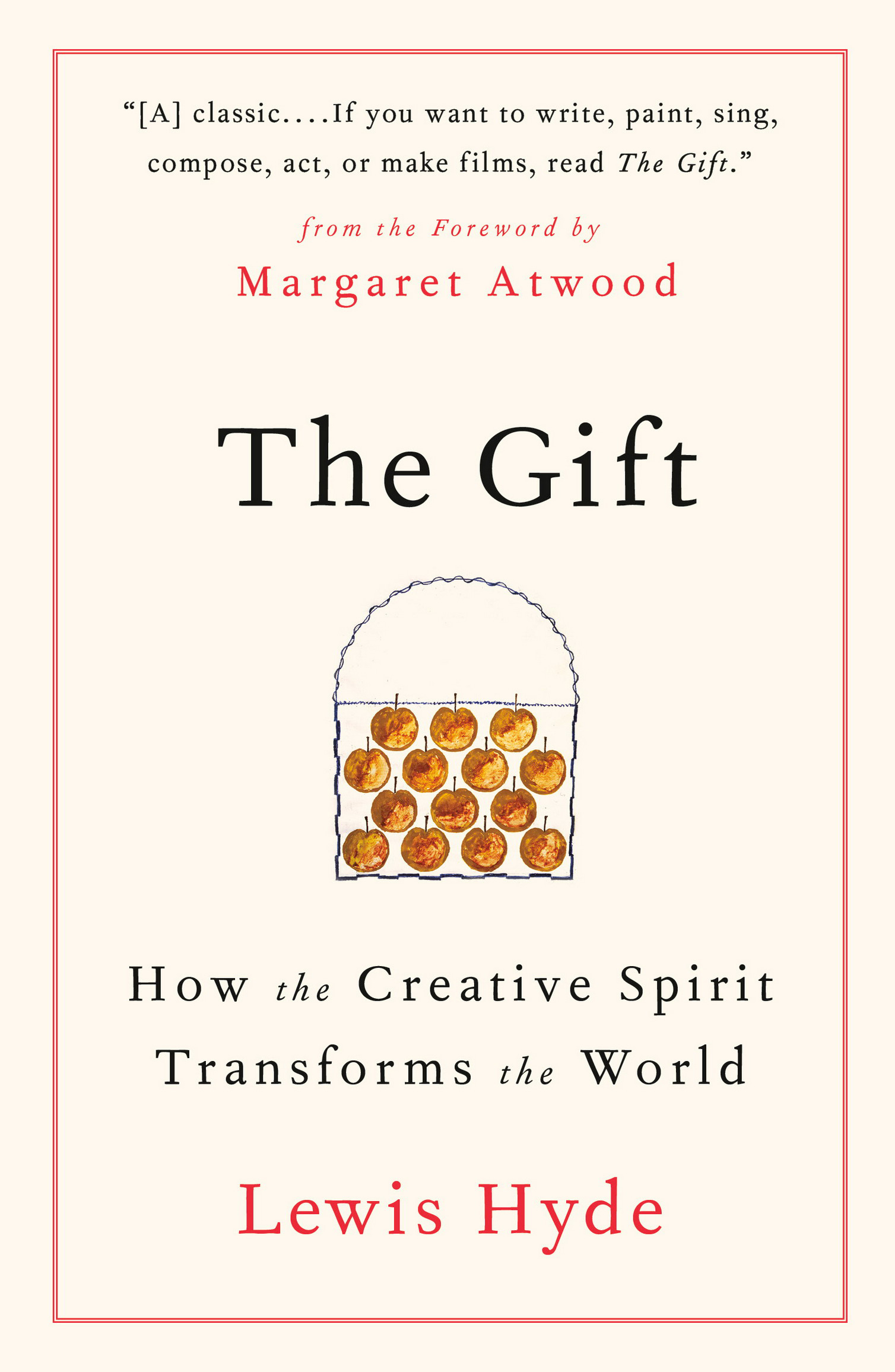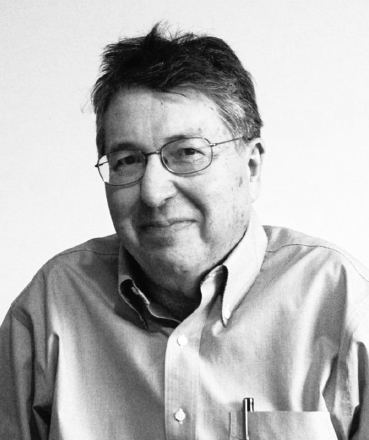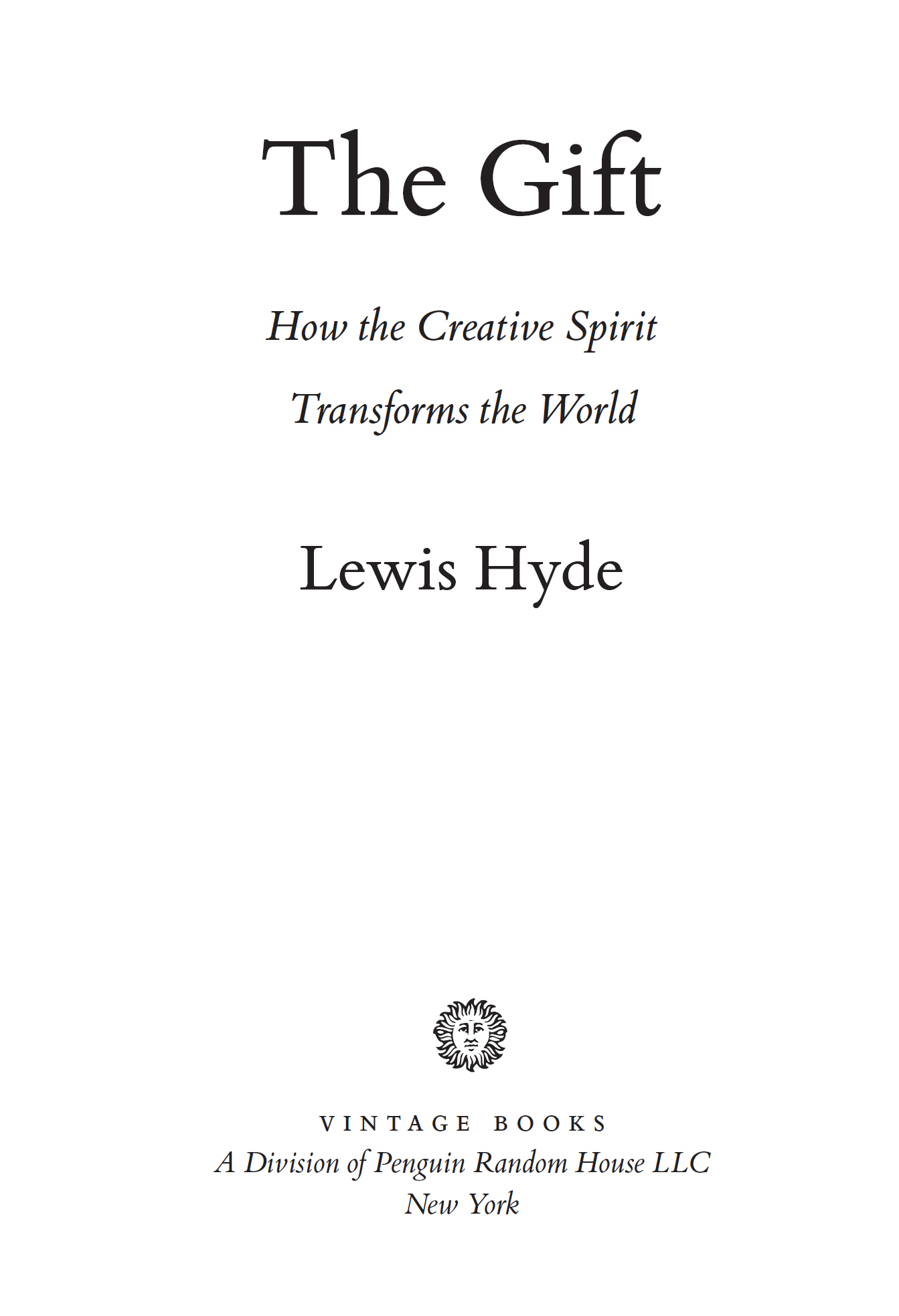In a climate where we know the price of everything and the value of nothing, Lewis Hyde offers us an account of those few, essential aspects of human experience that transcend commodity. A manifesto of sorts for anyone who makes art, cares for it, and understands that our most precious possessions are not for sale.
Brave and startling. Lewis Hyde is one of the finest essayists of his generation.
Absolutely interesting and original. An exciting book for anyone interested in the place of creativity in our culture.
This long-awaited new edition of Lewis Hydes groundbreaking and influential study of creativity is a cause for across-the-board celebration.
Exhilarating. Explores its subject in a thoroughly original manner.
Intriguing. An original and provocative critique of capitalist culture.
Wise [and] charming. A glimpse from the realm of necessity into the realm of freedom, it is, like the best gifts, good beyond expectation.
A source of inspiration and affirmation in my artistic practice for over twenty years. It is the best book I have read on what it means to be an artist in todays economic world. It has shown me why we still use the word gift to describe artistic talent and that selflessness, not self-expression, lies at the root of all creative acts.
LEWIS HYDE
The Gift
Lewis Hyde is a poet, essayist, translator, and cultural critic with a particular interest in the public life of the imagination. In addition to The Gift, he is the author of Trickster Makes This World; Common as Air; A Primer for Forgetting; and a book of poems, This Error Is the Sign of Love. He has also published two volumes of translations of Nobel laureate Vicente Aleixandres poetry and is the editor of On the Poetry of Allen Ginsberg and The Essays of Henry D. Thoreau. A MacArthur Fellow and former director of creative writing at Harvard University, Hyde was the Richard L. Thomas Professor in Creative Writing at Kenyon College until his retirement in 2018. He lives in Cambridge, Massachusetts, with his wife, the writer Patricia Vigderman.
www.lewishyde.com
Also by Lewis Hyde
This Error Is the Sign of Love
Trickster Makes This World: Mischief, Myth, and Art
Common as Air
A Primer for Forgetting
THIRD VINTAGE BOOKS EDITION, SEPTEMBER 2019
Copyright 1983 by W. Lewis Hyde
Afterword copyright 2007 by W. Lewis Hyde
Foreword copyright 2012 by Margaret Atwood
Preface copyright 2019 by W. Lewis Hyde
All rights reserved. Published in the United States by Vintage Books, a division of Penguin Random House LLC, New York, and distributed in Canada by Penguin Random House Canada Limited, Toronto. Originally published in hardcover, in slightly different form, as The Gift: Imagination and the Erotic Life of Property by Random House, a division of Penguin Random House LLC, New York, in 1983. Subsequently published in Great Britain as The Gift: How the Creative Spirit Transforms the World by Canongate Books Ltd., Edinburgh, in 2006, and then in paperback by Vintage Books, a division of Penguin Random House LLC, New York, in 2007.
Portions of this work were previously published in Kenyon Review, Corona, and Working Papers. Copyright 1979, 1980 by W. Lewis Hyde.
Vintage and colophon are registered trademarks of Penguin Random House LLC.
The Library of Congress has cataloged the Vintage edition as follows:
Names: Hyde, Lewis, 1945
Title: The gift : how the creative spirit transforms the world / Lewis Hyde.
Description: 3rd Vintage Books ed. | New York : Vintage Books, 2007. | Includes bibliographical references and index.
Identifiers: LCCN 2007282795
Subjects: Gifts. | Creation (Literary, artistic, etc.). | Economic anthropology. | Art and society.
Classification: LCC GN449.6 .H93 2007 | DDC 306/.32dc23 LC record available at https://lccn.loc.gov/2007282795
Vintage Books Trade Paperback ISBN9781984897787
Ebook ISBN9781984897794
Author photograph Anna Schuleit Haber
Cover design by Mark Abrams
Cover painting: A Little Basket Full of Beautiful Apples, by Hannah Cohoon Hancock Shaker Village
www.vintagebooks.com
v5.4_r1
a
FOR MY PARENTS
What is good is given back.
Contents
Foreword
by Margaret Atwood
Gifts pass from hand to hand: they endure through such transmission, as every time a gift is given it is enlivened and regenerated through the new spiritual life it engenders both in the giver and in the receiver.
And so it is with Lewis Hydes classic study of gift giving and its relationship to art. The Gift has never been out of print; it moves like an underground current among artists of all kinds, through word of mouth and bestowal. It is the one book I recommend without fail to aspiring writers and painters and musicians, for it is not a how-to bookthere are many of thesebut a book about the core nature of what it is that artists do and also about the relation of these activities to our overwhelmingly commercial society. If you want to write, paint, sing, compose, act, or make films, read The Gift. It will help to keep you sane.
I doubt that Lewis Hyde knew while he was writing it that he was composing such an essential work. Perhaps he felt he was merely exploring a subject of interest to himin its short form, why poets in our society are seldom richand enjoying the many tributaries he was uncovering through his exploration without realizing that he had hit on a wellspring. When asked by his original editor who his presumed audience was, he couldnt really pinpoint it but settled for poets. Thats not what most editors want to hear, as he says in his preface to the 2007 edition. Many prefer dog owners seeking news of the dead. As he then tells us, the happy fact is that The Gift has managed to find an audience beyond the community of poets. This is an understatement of some vastness.
I first encountered both Lewis Hyde and The Gift in the summer of 1984. I was in the midst of writing The Handmaids Tale, begun in the spring in that combination of besieged city and consumer showcase that was West Berlin at the time and where the twentieth-century clash between communitarianism gone wrong and Mammon worship gone wild was most starkly in evidence. But now it was July, and I was in Port Townsend, Washington, at a summer school for writers of the kind that were then multiplying. In that secluded area, all was bucolic.

